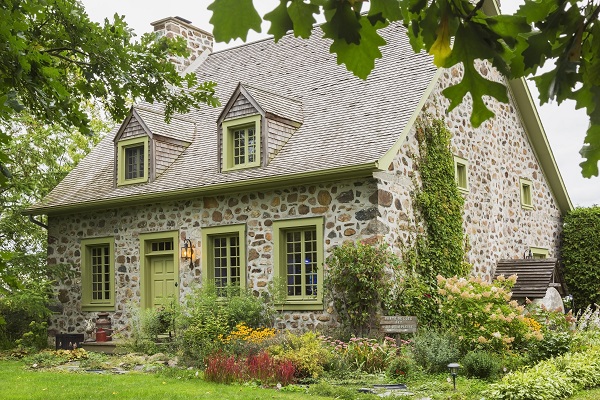With National Gardening Week (1st-7th May) fast approaching, Quintain Living – the award-winning management company overseeing the rental of over 3,390 apartments in Wembley Park – has shared its top tips for easy allotment success.
Quintain Living’s community allotment beds for residents with its Canada Gardens development provide a popular way for residents of all ages to connect with nature and with each other.
In addition to the beds, there is a greenhouse, tool shed and composter to convert green waste from the estate into nutrient rich compost and liquid fertiliser (leachate). Quintain Living also organises regular events to share information on seasonal planting, support residents to get involved in growing and provide top tips for getting the best out of the beds.
The crops grown by Quintain Living residents are many and varied, with herbs, vegetables and fruit all springing up for residents’ enjoyment.
A YouGov survey in Q1 2024 shed some light on the most popular vegetables – potatoes topped the list, with 92% of all adults feeling positive about them, followed by carrots (86%), onions and new potatoes (both 83%) and peas, red peppers and garlic (all 82%). Different generations also showed particular preferences, with 86% of Millennials feeling positive about broccoli, 84% of Generation X being fond of spring onions and 88% of Baby Boomers enjoying red onions.
The survey also noted that women are particularly fond of cherry tomatoes, with 84% having a positive opinion of them.
Whatever the veg, Quintain Living has shared its top tips to encourage everyone to get growing this National Gardening Week.
Quintain Living’s six top tips for allotment success
- Nurture your soil. The quality of your soil will impact the quality of the crops it produces. Before you start planting, ensure your bed is free from weeds, break up the soil and dig or rotovate it, adding organic matter as you do. Bark mulch, wheat straw, compost and a range of other organic matter will all benefit the soil.
- Plan your planting. A good crop rotation plan means you can get the best out of your allotment bed year-round. Work out what you will plant where and how long it will take to grow before harvesting. That way, you can create a month-by-month planting plan that maximises your use of space and delivers a bountiful harvest. Remember to factor in the amount of light and shade on your plot, so that you can ensure your planting choices suit the growing conditions. It’s also a great idea to grow a mix of your favourite foods and a couple of new items you’ve never grown before, for extra variety.
- Prepare for pest control. You’re not the only one who will delight in eating your freshly grown produce – insects and birds will also be keen to get in on the action. The particular pests will vary based on what you grow. Read up on what to expect and prepare to protect your crops. A range of organic and non-organic approaches to pest control exist, so you can tailor your approach.
- Give your veg room to flourish. When you have limited space, it can be tempting to try and cram in as many seeds as possible. However, your vegetables will need plenty of room if they are to reach their full, delicious potential. Make sure you thin your seedlings accordingly, so that each and every plant has sufficient space.
- Don’t water at dusk. We all lead busy lives but try not to leave your watering until late into the evening. Doing so will serve as a magnet for slugs, who will delight in chewing their way through your previous seedlings. Ideally, water your allotment bed in the early morning.
- Knowledge is flower. The theme of 2024’s RHS National Gardening Week is ‘Knowledge is Flower’. Bring this thinking to your allotment by growing edible flowers and those that attract pollinators. Nasturtiums, marigolds and sweet peas are all good choices to grow alongside your vegetables and salad crops.
“Everyone can enjoy spending time growing food. Gardening is a healthy outdoor activity that can bring communities together. It can deliver physical and mental health benefits and encourage youngsters to try new foods. Growing food in allotments can also teach important lessons about natural lifecycles, sustainability, organic gardening, reducing waste and so much more. Whether you have access to an allotment or a single pot on a windowsill, we would encourage everyone to try their hand at growing something this National Gardening Week,” said, Danielle Bayless, Chief Operating Officer, Quintain Living
For more information on Quintain Living or to book a viewing, visit www.quintainliving.com, @quintainliving on Instagram or call 020 3151 1927.






Leave a Comment